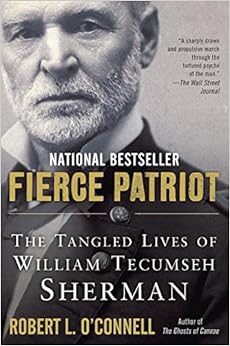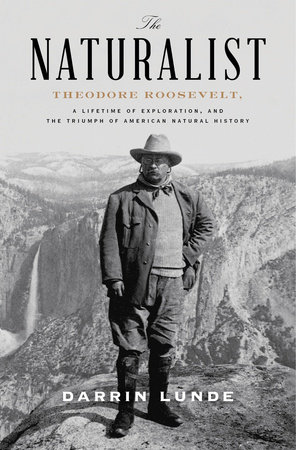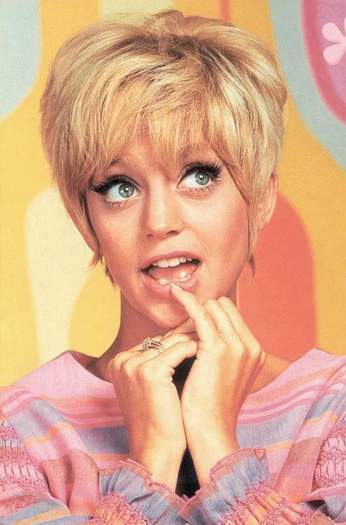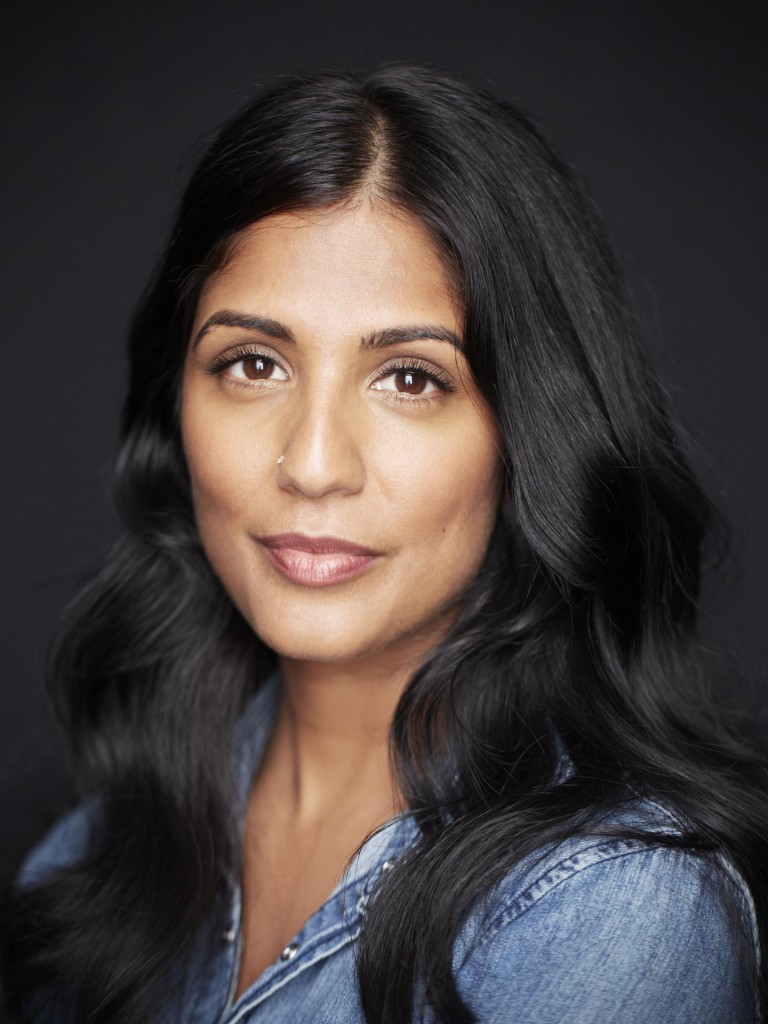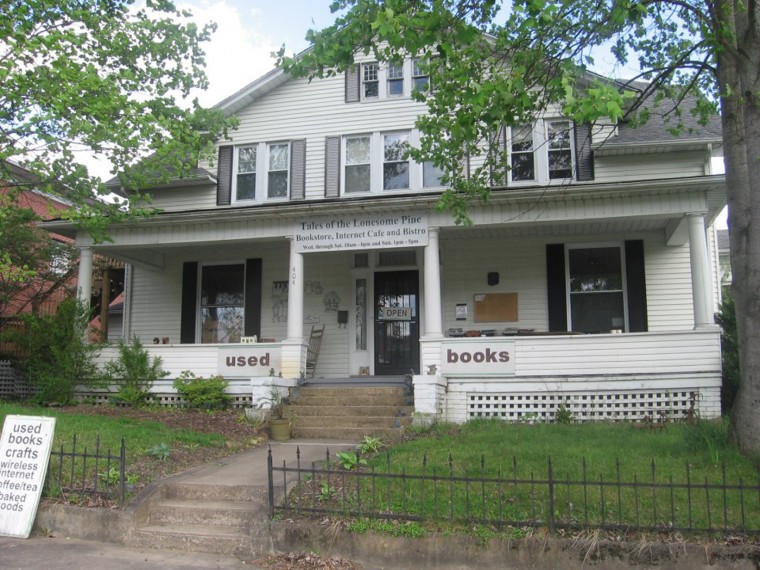Larry McMurtry, Walter Benjamin at the Dairy Queen
 |
| Booker T. Washington |
My parents, I'm sure, would have favored the second phrasing. My mother in particular. She was the daughter of a full-time farmer and the wife of a part-time farmer, and she would have preferred that her son take more interest in tilling fields than in writing poems or writing anything else. In time she realized I was a hopeless farmer and that if I could make a living doing something else, even writing for a newspaper, so be it.
 |
| Larry McMurtry |
One day a traveling salesman stopped at the McMurtry ranch, and his parents bought a World Book Encyclopedia for their son, intended to aid him with his schoolwork. "In attempting to do the respectable thing -- become a household with an encyclopedia -- my parents had unwittingly unleashed a demon; they may have sensed that all those words, on all those subjects, most of which could have no utility for a young cowboy in Texas, were what was going to take me away from the small safe town and the ranch on the hill," McMurtry writes.
For me the turning point in my life came when my parents returned from a shopping trip to Toledo with a Smith-Corona portable typewriter in the summer before I entered high school. As with the McMurtrys and their encyclopedia, the typewriter was intended to help the kids with their schoolwork. Little did they realize the demon they had unleashed.
Previously I had had no interest in writing, and none of my teachers had ever commented on my ability in this area. But I loved watching my words flow onto paper in neat type, and I was soon writing stories and poems and producing a weekly newspaper and various books and magazines, all with that little typewriter.
In homes all over the world, the sons and daughters of doctors discover they have no interest in studying medicine, the offspring of lawyers and merchants decline to join the law firm or take over the family business; the children of artists decide they prefer something else over art. Most parents, difficult though it may be, eventually come around to agreeing with Booker T. Washington.
